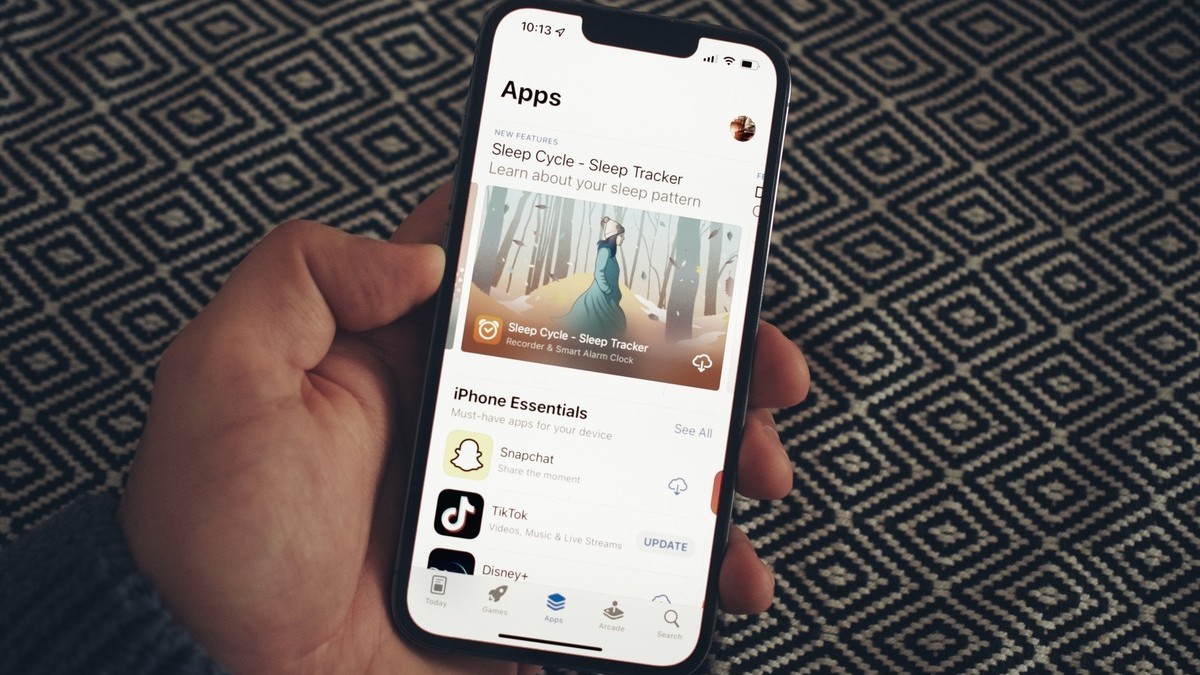Another app subscription model switcheroo has users up in arms, and this time they probably have a reason to be annoyed
It's definitely a bad look.

App developers switching to a new subscription-based business model is nothing new, and many of them have had to do it in an attempt to stabilize their repeat income. But making the move can often anger customers who prefer to pay for their software upfront. And things can get even more iffy if a developer makes a bad decision about the way it intends to roll the new subscription out.
That appears to have been the case with a hugely popular text-to-speech app called Voice Dream Reader. The Mac and iOS app is switching to a subscription model which was already enough to get people upset. But then the developer also chose to effectively block people from using the old version of the app that they already paid for.
This all comes after Applause Group, the company that bought the app last year, announced that it planned to charge $79 per year although a reduced $59 subscription is available until at least May 1. But the biggest issue here is what will happen to existing users.
Payment problems
First reported by Six Colors, the issue is best summed up by Jonathan Mosen, a well-known voice in the blindness community. The Voice Dream Reader app has proven to be particularly popular in that community for obvious reasons.
"Users who are unwilling or unable to pay a subscription will lose the ability to add new content to their Voice Dream Reader library, thus rendering the app useless once they have read all the current material they have uploaded to the app," Mosen explains. "To put it clearly, Applause Group wants existing customers to pay a second time to retain functionality they already paid for."
That, obviously, isn't a great look. It might be worse, too, with Mosen suggesting that Applause Group may be violating App Store guidelines as a result of this switcheroo.
In a blog post detailing the change on the Voice Dream website, the developer says that it "made this difficult decision to balance rising costs with our goal to keep building a better app for readers like you." It went on to say that the "good news" is that "Voice Dream’s annual subscription is half the cost of any similar-quality app — It’s about as much as a cup of coffee per month. It rounded off the misguided comment by telling customers that, "As a thank you for your loyalty, we’re giving you 25% off for life."
iMore offers spot-on advice and guidance from our team of experts, with decades of Apple device experience to lean on. Learn more with iMore!
That, as you can imagine, hasn't proven to be the great deal that Applause Group might have thought it was.
The problem here isn't so much that Applause Group has chosen to switch to a subscription model, although that will always upset some people. The real issue is that the subscription will effectively remove the ability for existing owners to use the app from here on out and that's just not right — especially when those people have already paid their money for the app once.
What happens next remains to be seen, but we can only hope that something changes and that Applause Group can find a better way to drive its new subscription revenue rather than removing functionality from apps that people have already paid for.
More from iMore

Oliver Haslam has written about Apple and the wider technology business for more than a decade with bylines on How-To Geek, PC Mag, iDownloadBlog, and many more. He has also been published in print for Macworld, including cover stories. At iMore, Oliver is involved in daily news coverage and, not being short of opinions, has been known to 'explain' those thoughts in more detail, too.
Having grown up using PCs and spending far too much money on graphics card and flashy RAM, Oliver switched to the Mac with a G5 iMac and hasn't looked back. Since then he's seen the growth of the smartphone world, backed by iPhone, and new product categories come and go. Current expertise includes iOS, macOS, streaming services, and pretty much anything that has a battery or plugs into a wall. Oliver also covers mobile gaming for iMore, with Apple Arcade a particular focus. He's been gaming since the Atari 2600 days and still struggles to comprehend the fact he can play console quality titles on his pocket computer.
